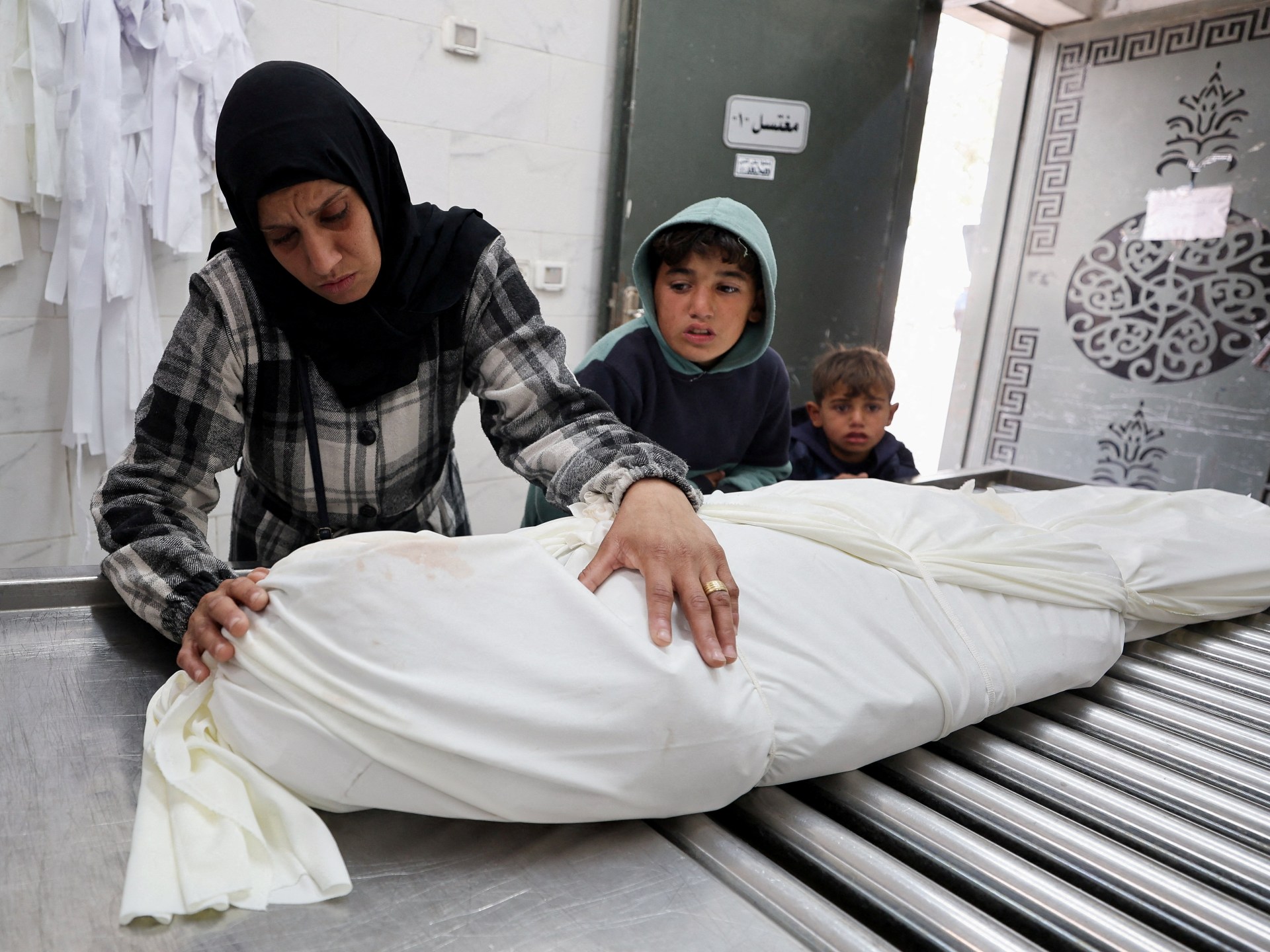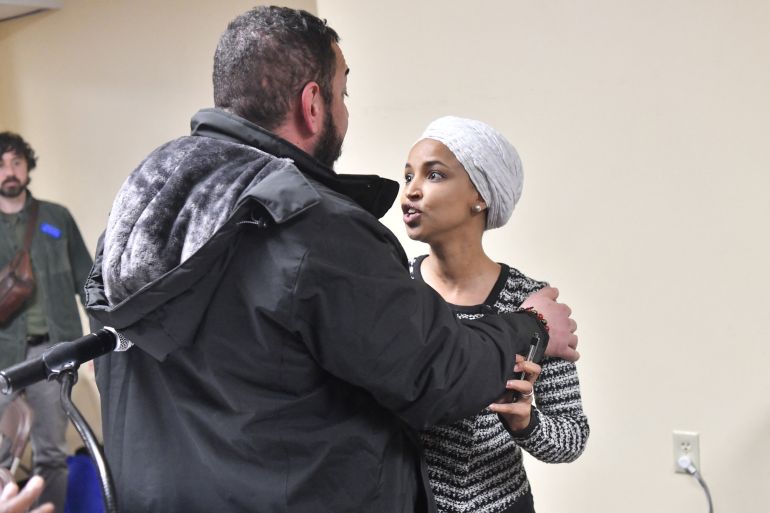Elena Rybakina and Jessica Pegula will clash in the semifinals of the Australian Open after knocking out pre-tournament favourites Iga Swiatek and Amanda Anisimova, respectively.
Reigning Wimbledon champion and second-seeded Swiatek, who was seeking a career Grand Slam with a win at Melbourne Park, was stunned by Rybakina in straight sets on Wednesday.
Recommended Stories
list of 3 itemsend of list
The 7-5, 6-2 win for the 2022 Wimbledon champion gives her a chance to win her second Grand Slam, while crushing Swiatek’s dreams of lifting the one Slam trophy that has eluded her despite six major titles.
Rybakina has made the Melbourne final once before, in 2023, when she lost in three tough sets to Aryna Sabalenka.
The 26-year-old fifth seed took her latest victory in her stride, saying a calmer mindset helped in the heat of battle.
“In the beginning, when it’s the first final and you go so far in a tournament, of course you are more emotional,” said Rybakina.
“Now I feel like I’m just doing my job, trying to improve each day. So it’s kind of another day, another match.”
Rybakina fired 11 aces and 26 winners at Rod Laver Arena, winning eight of the last nine games to underline her authority.
“Really pleased with the win,” said Rybakina. “We know each other pretty well and I was just trying to stay aggressive.”
Swiatek struggled with her serve throughout the contest, and the world number two said that was something she needed to improve on in the coming months.
“I didn’t serve as well as in Cincinnati, for example, against Elena. My serve was kind of normal and sometimes it could have given me a bit more,” Swiatek told reporters.
“There’s some stuff on the serve that I want to change and I already changed that in the preseason. But then matches come and you don’t have that much time to think about this.
“You don’t want to think about these details when you play. So then it comes back to the old patterns… There’s some stuff that I can change to play better, and I’ll try to do that.”

Pegula revels in ‘awesome win’ over Anisimova
Meanwhile, Pegula – fresh off her win over last year’s champion Madison Keys – emerged victorious in an all-American quarterfinal against Anisimova with a 6-2, 7-6 (7-1) scoreline.
Pegula is yet to drop a set this year in Melbourne and is arrowing in on her first major crown at the age of 31.
“It’s awesome,” Pegula said of reaching her first Australian Open semifinal.
“I’ve been able to go deeper in the US Open in the last couple of years, but here was the first Slam that I broke through at.
“I feel like I play some good tennis here, I like the conditions and even matches I’ve lost here I’ve played well in, so I’ve been waiting for the time when I could break through.”
The sixth seed was helped by an error-riddled display from fourth seed Anisimova, who racked up 44 unforced errors to Pegula’s 21.
Anisimova’s frustrations boiled over at the end as her hopes of reaching a third major title in a row melted away in a blur of mistakes.
Sixth seed Pegula and Rybakina have shared three wins each in their six matches so far.
Two-time champion Sabalenka faces Ukrainian 12th seed Elina Svitolina in the other semifinal.







